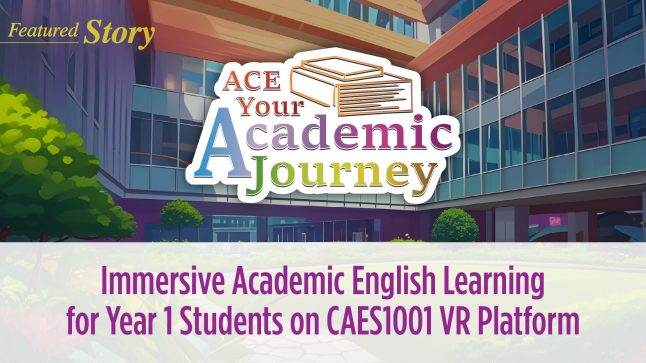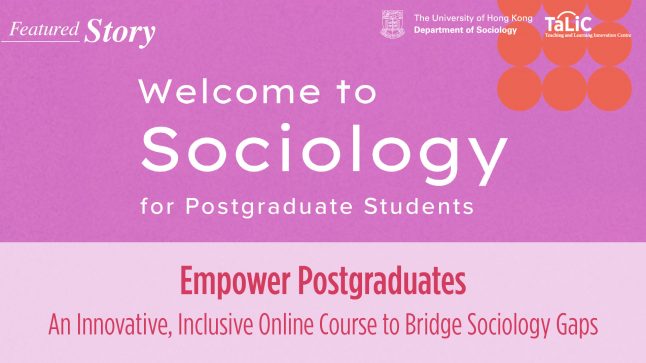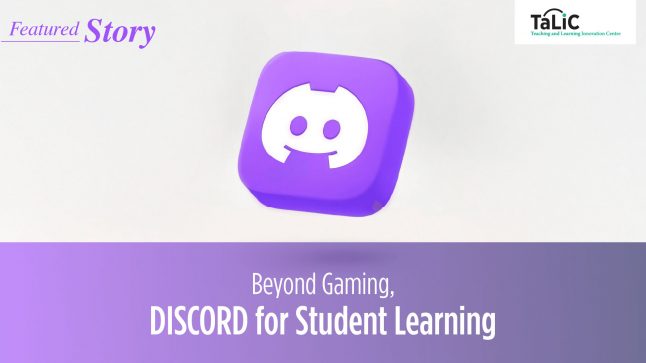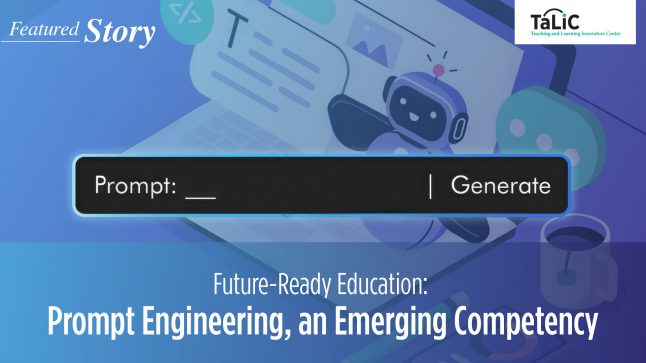
Time : 12:30pm – 2:00pm
Venue : Room 321, 3/F, Run Run Shaw Building (Main Campus), HKU
Speakers :
* To be conducted in English
About the seminar:
The Blended & Online Learning & Teaching (BOLT) Project is a UGC-funded collaboration in which participating Hong Kong tertiary institutions look at developing online teaching and learning in Hong Kong. The project includes multiple different approaches, ranging from initiatives within a particular institution – such as Hong Kong Institute of Education’s grassroots approach to blended learning in a faculty, and Baptist University’s Faculty Professional Development Series of workshops – to more central elements, such as the BOLT foundation course, led by PolyU and open to teachers from all participating universities. More information available at http://www.bolt.edu.hk
In this seminar, the speakers will lead presentations on the BOLT project so far, share success stories, report on upcoming events and offer an opportunity to engage in discussion about blended learning in a Hong Kong context.
About the speakers:
LIM Cher Ping is a Professor of Curriculum and Innovations at the Hong Kong Institute of Education and the Editor-in-Chief of the Internet and Higher Education. He was a Professor of Education, Director of International Partnerships and Director of the Asia-Pacific Centre of Excellence for Teacher Education and Innovations in Western Australia before moving to Hong Kong in late 2010. Over the last two decades, he has engaged major stakeholders of higher education at the institutional, national and international levels. Organisations including UNESCO, Microsoft, BHP Billiton, World Bank, Sampoerna Foundation, and government agencies have become his partners for many of the education research and development projects that he has led. He is co-Project Leader of the BOLT Project.
Darren Harbutt is an Educational Development Officer in the Educational Development Centre of The Hong Kong Polytechnic University. Before this he worked as an Instructional Designer at the University of Hong Kong. Darren has worked in education for over 20 years and in the last few years he has also helped to design, build and run MOOCs. Darren is co-Project Leader of the BOLT Project.
David Watson joined PolyU with eight years of experience in the higher education sector, providing technological and instructional expertise in numerous online projects, with his development skills incorporating the pedagogical requirements and alignment in eLearning and online teaching. Supported by Postgraduate Certificate in Teaching in Higher Education (PGCTHE), CMALT and Masters in Web Development, his current role focuses on areas such as Augmented & Virtual Reality (AR/VR), Professional Development Delivery and the development of various funded instructional technologies.
Veronika Schoeb currently performs as Assistant Professor in the Department of Rehabilitation Sciences at PolyU. She holds a first degree as a health professional from Switzerland, and received her PhD in Sociology from the University of Nottingham, UK. Prior to joining PolyU in February 2015, she was a Lecturer at the University of Applied Sciences in Western Switzerland. She teaches qualitative research courses (in a very quantitative environment) and tackles this challenge by trying out different teaching modalities. Her research interests lie in communication as well as interprofessional collaboration, and she investigates topics related to social interaction, both in health care as well as in education.
For enquiries, please contact Miss Cherry Lai by email cherry.lai@hku.hk.











